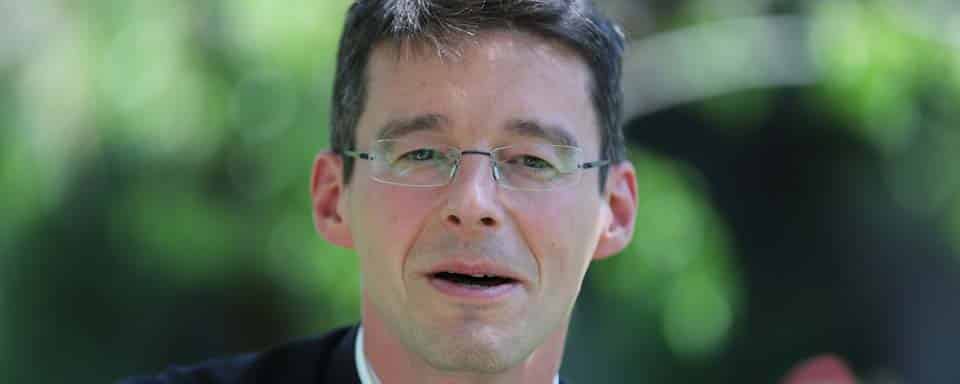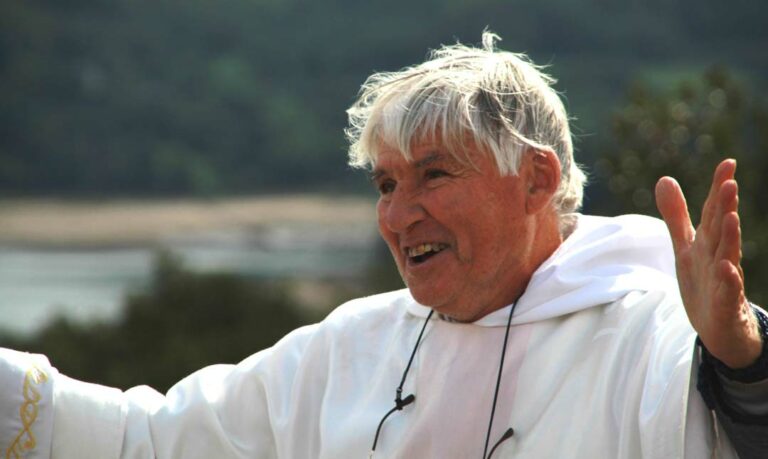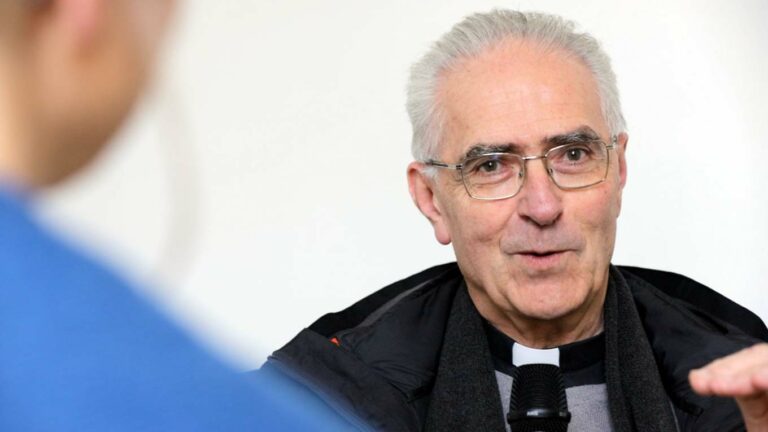What is our relationship with time? Is time a mere material that we can dispose of as we please? Analysis by Fr. Don Lanavère, priest of the Community of Saint-Martin and professor of philosophy at the Community’s seminary.
What is our relationship with time?
Our relationship with time is somewhat contradictory and we tend to relate to it in a similar fashion as any other resource at our disposal. On one hand, the world is mesmerized by its boundless aspect, for time stretches out and seems to be endlessly expanding. Longer life-expectancy , more free time attest to it. In many aspects of our life, we feel as if we have “all the time in the world”.
On the other hand, many people feel a kind of scarcity of time, as if it were retracted. Nowadays, we live in an emergency regime. For example in politics, everything is urgent : emergency measures, states of emergency, climate emergency. And is not urgency but reduced time that becomes scarce?
Yet, on the opposite side of such a torment, the ecological awareness of time stand point: the aspiration to reposition time so that it no longer generates suffering or oppression, but becomes the correlation of a more peaceful association, that takes into account the long term as well as the upcoming and “future” generations. The key is to maintain a healthier connection with time, so as to step out of this acceleration that we seem to endure.
What is the acceleration of time in the modern world due to?
Pope Francis refers to this topic in his encyclical, Laudato si’ (n°18). Furthermore, the analysis of Hartmut Rosa, German philosopher and sociologist, are quite edifying. Among his explanations on the acceleration of time, one of his most conclusive one supports that we live in a secularized world which refers only to itself in itself and no longer to a Totally-other (God). Thus, time is no longer referred to eternity, hence fulfillment of life is solely to be found in time.
So? If the meaning of life is not to oneself in regard to eternity but solely in time, one is therefore compelled to increase positive experiences within the given time-span, in order to reach happiness. Hence this acceleration and the endless race to constantly multiply potential experiences.
According to Hartmut Rosa, in multiplying technical means so as to diminish unavoidable frustrations, in connection with what we can do and what we have to relinquish, in a given time span, bring us to develop ranges of possibles and thus, of subsequent unavoidable choices. For example, the multiplication of the TV channels enhances both the possibilities to watch various programs as well as the frustration of never been able to entirely watch it all.
Likewise for holidaying, the will to benefit at the utmost from vacation turns it into a source of stress more than a time of relaxation. It’s a catch 22. People feel they have more and more free time and intend to make the most of it. This tension initiates conflicting pressures in total opposition with content and fulfillment.




